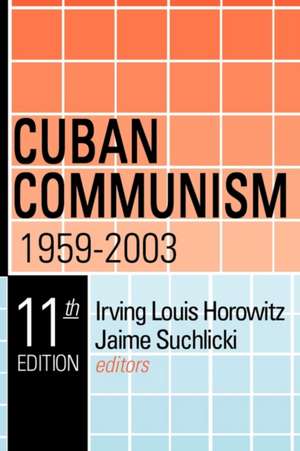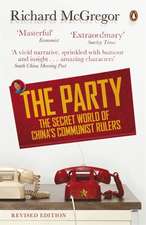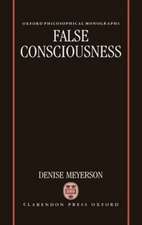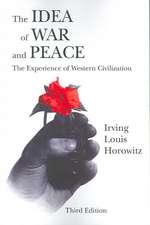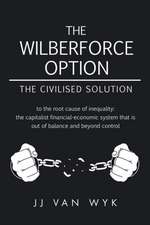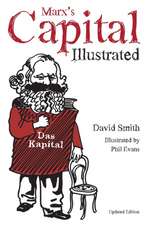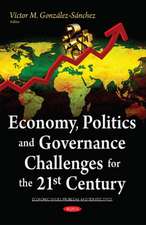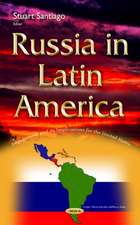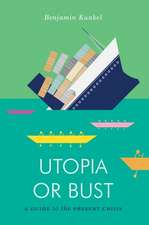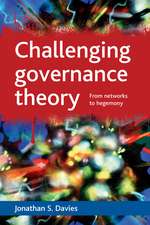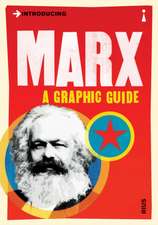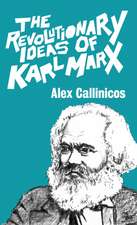Cuban Communism, 1959-2003
Editat de Irving Louis Horowitzen Limba Engleză Paperback – 31 mai 2003
| Toate formatele și edițiile | Preț | Express |
|---|---|---|
| Paperback (1) | 473.48 lei 6-8 săpt. | |
| Taylor & Francis – 31 mai 2003 | 473.48 lei 6-8 săpt. | |
| Hardback (1) | 1000.27 lei 6-8 săpt. | |
| Taylor & Francis – 2 aug 2017 | 1000.27 lei 6-8 săpt. |
Preț: 473.48 lei
Nou
Puncte Express: 710
Preț estimativ în valută:
90.61€ • 93.88$ • 75.62£
90.61€ • 93.88$ • 75.62£
Carte tipărită la comandă
Livrare economică 22 martie-05 aprilie
Preluare comenzi: 021 569.72.76
Specificații
ISBN-13: 9780765805201
ISBN-10: 0765805200
Pagini: 758
Dimensiuni: 152 x 229 x 49 mm
Greutate: 1.02 kg
Ediția:11
Editura: Taylor & Francis
Colecția Routledge
Locul publicării:Oxford, United Kingdom
ISBN-10: 0765805200
Pagini: 758
Dimensiuni: 152 x 229 x 49 mm
Greutate: 1.02 kg
Ediția:11
Editura: Taylor & Francis
Colecția Routledge
Locul publicării:Oxford, United Kingdom
Cuprins
1: History; 1: One Hundred Years of Ambiguity: U.S.-Cuba Relations in the 20th Century; 2: Cuba: The United States and Batista, 1952-1958; 3: The Sierra and the Plains; 4: Guerrillas at War; 5: Learning from the Cuban Missile Crisis; 6: Immutable Proclamations and Unintended Consequences; 7: Fidelismo: The Unfulfilled Ideology; 2: Economy; 8: The Cuban Economy in 1999-2001: Evaluation of Performance; 9: Labor Conditions in Revolutionary Cuba; 10: The Political Economy of Caudillismo; 11: Market-Oriented Marxism: Post-Cold War Transition in Cuba and Vietnam; 12: Waiting For Godot: Cuba’s Stalled Reforms and Continuing Economic Crisis; 13: Cuba’s Transition from Communism to Political and Economic Freedom; 14: Economic Organizations and Post-Castro Cuba; 3: Society; 15: Searching for Civil Society in Cuba; 16: The Conventionalization of Collective Behavior; 17: The Internet and U.S. Policy toward Cuba; 18: Women, Family, and the Cuban Revolution *; 19: Health Care in Cuba; 20: Cuba’s Refugees: Manifold Migrations; 21: The Moral Basis of Cuban Society; 4: Military; 22: Political-Military Relations from 1959 to the Present; 23: Vanguard of the State: The Cuban Armed Forces in Transition; 24: Military Origin and Evolution of the Cuban Revolution; 25: The Cuban Armed Forces: Changing Roles, Continued Loyalties; 26: Cuban Military Influences on Political and Economic Decision-Making; 5: Polity; 27: Why the Cuban Regime Has Not Fallen; 28: Cuba: Without Subsidies; 29: Cuba: Economic Sanctions and American Diplomacy; 30: Cuba and the United States: Back to the Beginning; 31: Much Ado About Something?: Regime Change in Cuba; 32: The Cuban Revolution and Its Acolytes; 33: After Fidel, What?: Forecasting Institutional Changes in Cuba; 6: Transition to Civil Society; 34: The United States and Cuba: Future Security Issues; 35: Role of the United States and International Lending Institutions in Cuba’s Transition; 36: Three Variations on Communist Successor Regimes; 37: Festina Lente: The United States and Cuba After Castro; 38: Humanitarian Assistance during a Democratic Transition in Cuba; 39: Economic and Social Disparities in Cuba: Recommendations for Change
Descriere
"Cuban Communism remains, like its previous ten editions, an important contribution to the field of Cuban Studies
